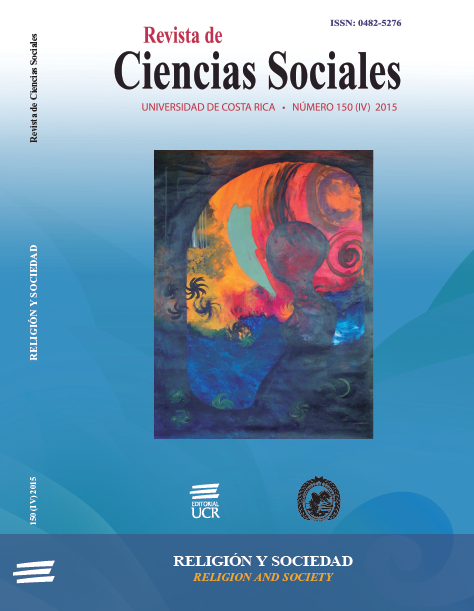Abstract
This article presents the main discourses associated to the practices of graffiti (tagging,
street art, political) and its producers in the newspaper La Nación, during the period
2001-2010. Through the qualitative analysis of both news and opinion articles, the graffiti
appears as a threat to notions of heritage and common good, emphasizing its impact in the
public order and the security. However, the graffiti in its more artistic form (influenced by
the hip-hop culture) seems tobesocially accepted only through the institutionalization of
the practice, considering its a esthetic value and social uses.
##plugins.facebook.comentarios##
Downloads
Download data is not yet available.


